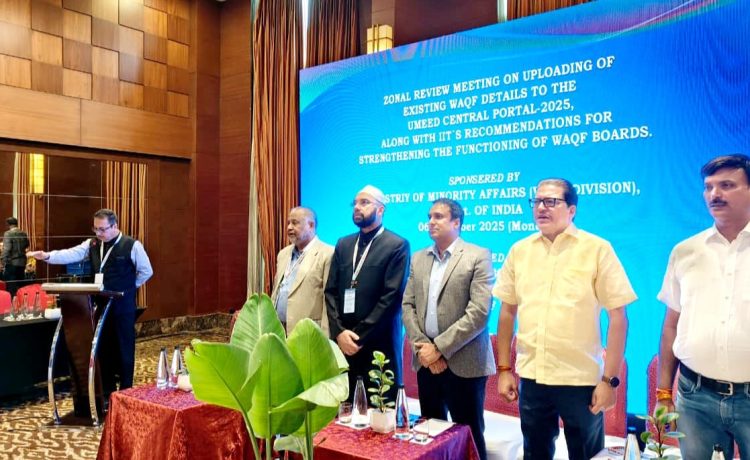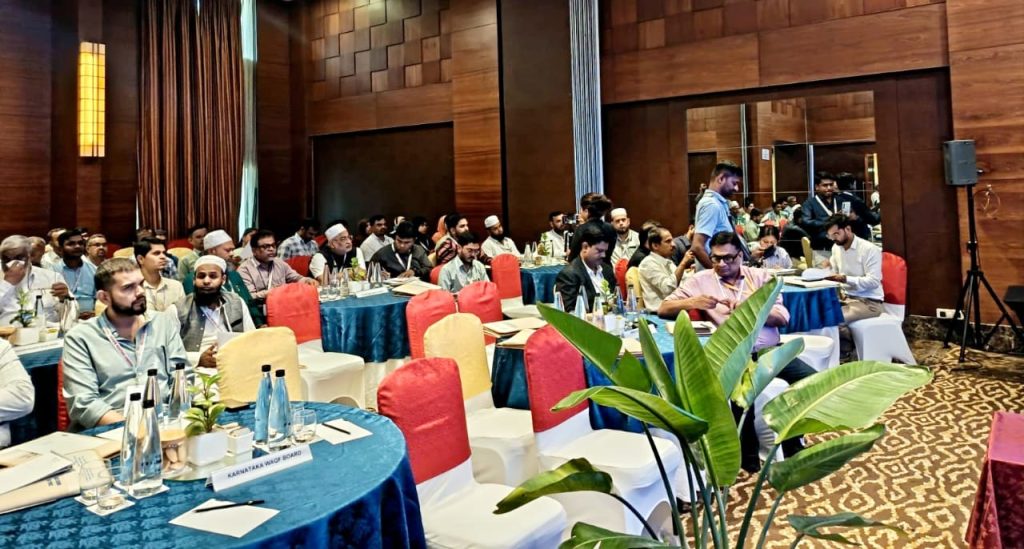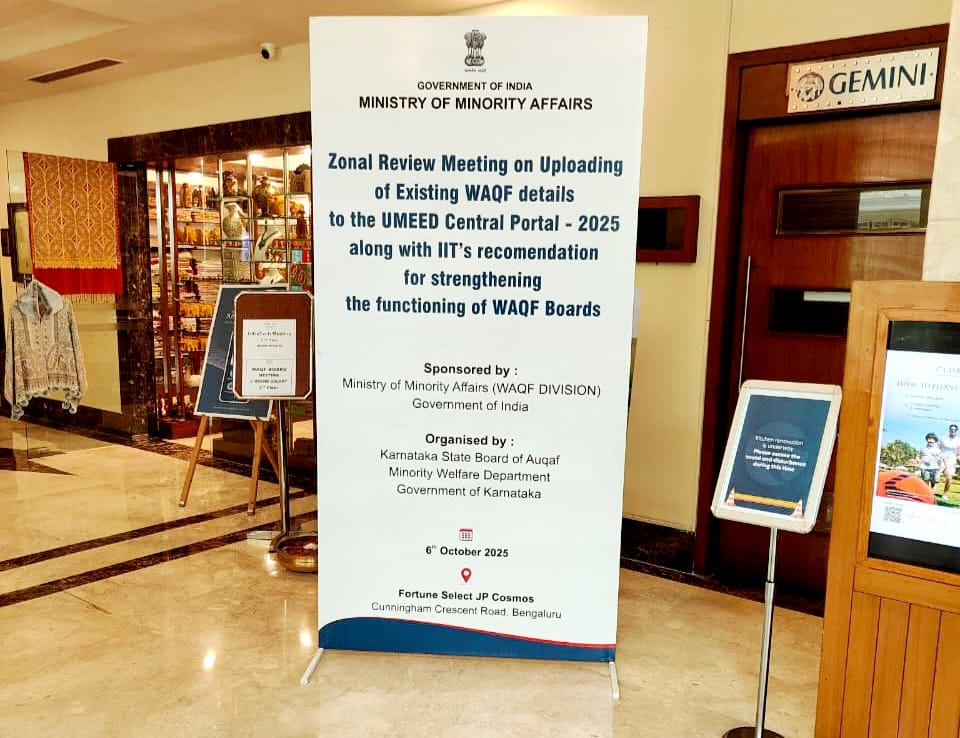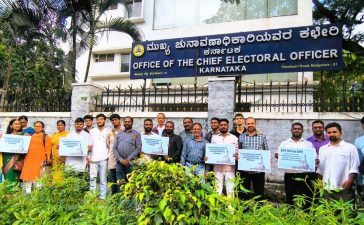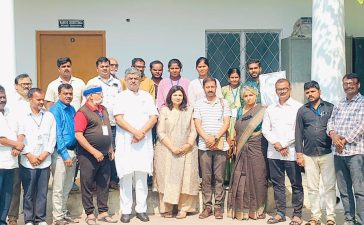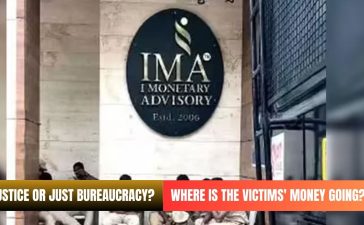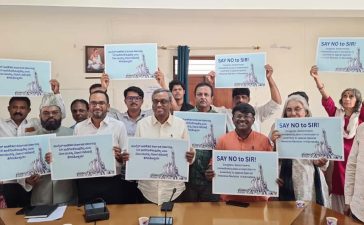Key Quotes
1. Muhammad Majuddin Khan, CEO, Karnataka Waqf Board
“The technical glitches are a major impediment. For instance, the absence of many talukas from the portal’s database makes it impossible to proceed with registrations in those areas.”
(This quote is effective because it points to a specific, concrete problem with the portal itself.)
2. Advocate Abdul Riyaz, Member, Karnataka Waqf Board
“Asking for boundary details from a 70-year-old survey is an impractical demand. We are being asked to provide data that was never recorded in the first place.”
(This quote highlights the historical and administrative absurdity of one of the key hurdles.)
3. Muhammad Ali Baba, Chairman, Karnataka Waqf Board
“The intent is good, but the execution is flawed. Making email mandatory for Mutawallis in rural areas effectively excludes them from the process.”
(This quote offers a critique of the policy’s implementation on the ground, separating the goal from the method.)
![]()

